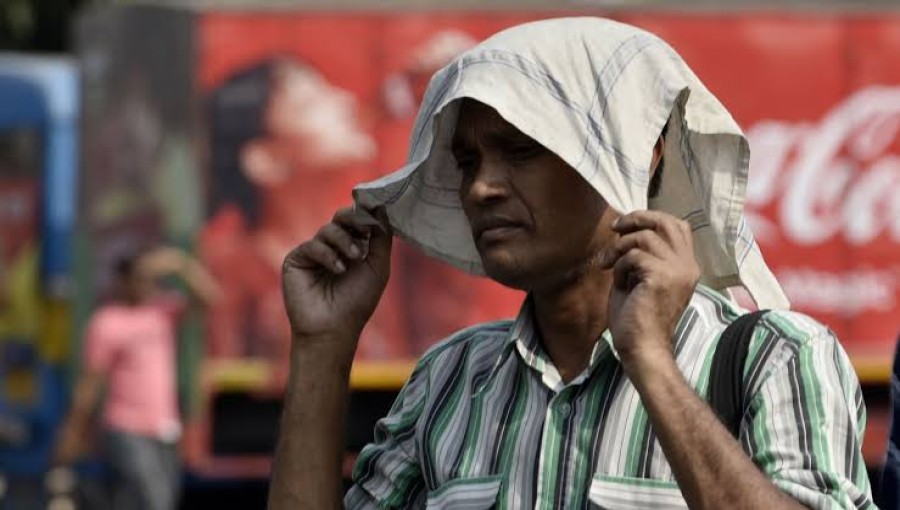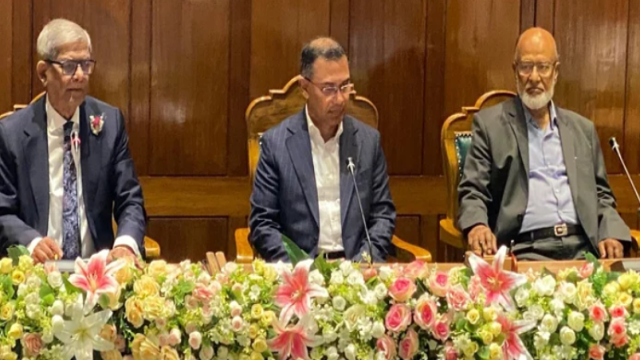As temperatures soar to alarming levels, public health experts and meteorologists are urging the official declaration of the ongoing heatwave as a disaster, prompting calls for a comprehensive action plan to address its repercussions.
In response to mounting concerns, the Ministry of Disaster Management and Relief is contemplating categorizing the current heatwave in Bangladesh as a "disaster." This summer, the country has endured an extended period of scorching heat, disrupting daily life significantly.
Fatalities from heatstroke, a surge in hospital admissions due to heat-related illnesses, and substantial damage to crops and fruit trees underscore the severity of the situation. State Minister for Disaster Management and Relief, Md Mohibbur Rahman, expressed his inclination to designate this extreme heatwave as a disaster, acknowledging the adverse impacts it has inflicted.
The ministry is actively collecting data on the extent of the heatwave's severity and the associated damages, including casualties and agricultural losses. This information will inform decisions regarding the provision of financial and other forms of assistance to affected individuals and communities.
While lightning was declared a disaster in 2016, suggestions to categorize heatwaves similarly are now under consideration by the Disaster Management Ministry. The ongoing data collection efforts aim to assess the highest temperatures recorded and their corresponding impacts to guide future actions.
Public health expert, Professor Dr Be-Nazir Ahmed, emphasized the grave health risks posed by the current extreme temperatures, warning of potential disease outbreaks such as cholera. He advocated for strategic planning to mitigate heatwave-related fatalities, including measures to enhance heat tolerance and cool the environment through increased vegetation and water body maintenance.
Dr Md Zillur Rahman, Dean of the Faculty of Earth and Environmental Sciences at Dhaka University, highlighted the urgency of preparation in response to rising temperatures, which have increased by 1°C from 2011 to 2020. With hotter summers becoming the new norm, he stressed the importance of adapting to these climatic changes through proactive strategies.
The Bangladesh Meteorological Department categorizes heatwaves based on temperature thresholds, with the most severe category occurring when temperatures surpass 42°C. As schools remain closed due to the extreme heat following the Eid holiday break, national strategies to mitigate heatwave effects are being considered, underscoring the imperative of safeguarding public health and ensuring economic stability amidst escalating temperatures.































Comment: